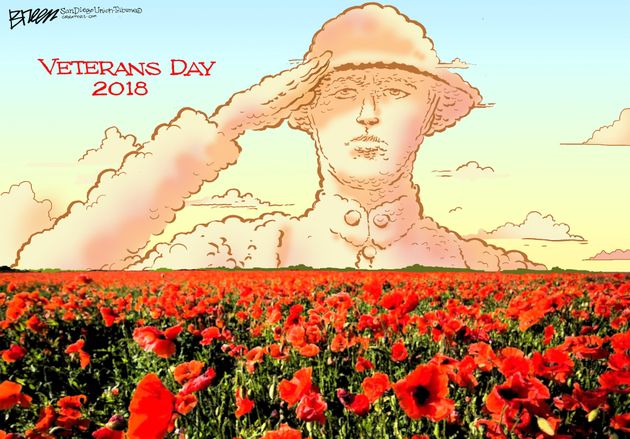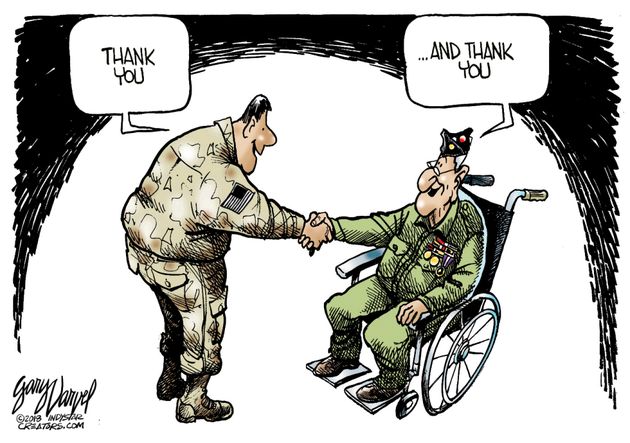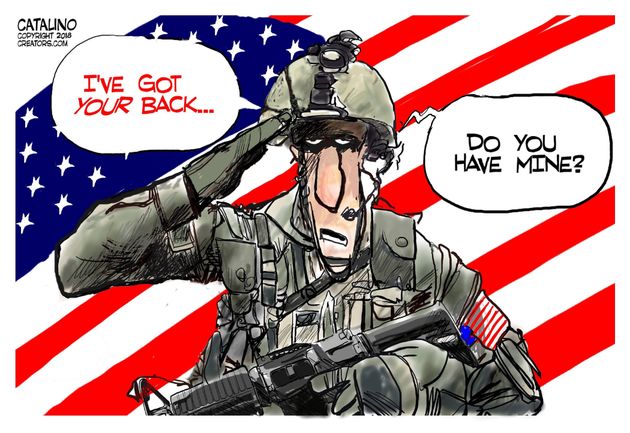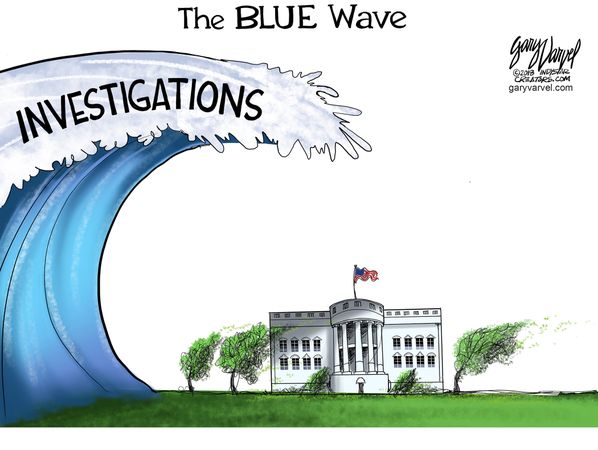Victor Davis Hanson . . . "One ironic result was that the victorious but exhausted Allies announced to the world that they never wished to go to war again. Meanwhile, the defeated and humiliated Germans seemed all too eager to fight again soon to overturn the verdict of 1918.
The consequence was a far bloodier war that followed just two decades later. Eventually, “the war to end all wars” was rebranded “World War I” after World War II engulfed the planet and wiped out some 60 million lives.
"What can we learn from the failed armistice of 1918?
"Keeping the peace is sometimes even more difficult than winning a war."For an enemy to accept defeat, it must be forced to understand why it lost, suffer the consequences of its aggressions—and only then be shown magnanimity and given help to rebuild."Losers of a war cannot pick and choose when to quit fighting in enemy territory.
"Had the Allies continued their offensives in the fall of 1918 and invaded Germany, the peace that followed might have more closely resembled the unconditional surrender and agreements that ended WWII, leading to far more than just 20 years of subsequent European calm.
"Deterrence prevents war." . . ."What can we learn from the failed armistice of 1918?
"Keeping the peace is sometimes even more difficult than winning a war."For an enemy to accept defeat, it must be forced to understand why it lost, suffer the consequences of its aggressions—and only then be shown magnanimity and given help to rebuild."Losers of a war cannot pick and choose when to quit fighting in enemy territory.
"Had the Allies continued their offensives in the fall of 1918 and invaded Germany, the peace that followed might have more closely resembled the unconditional surrender and agreements that ended WWII, leading to far more than just 20 years of subsequent European calm.













